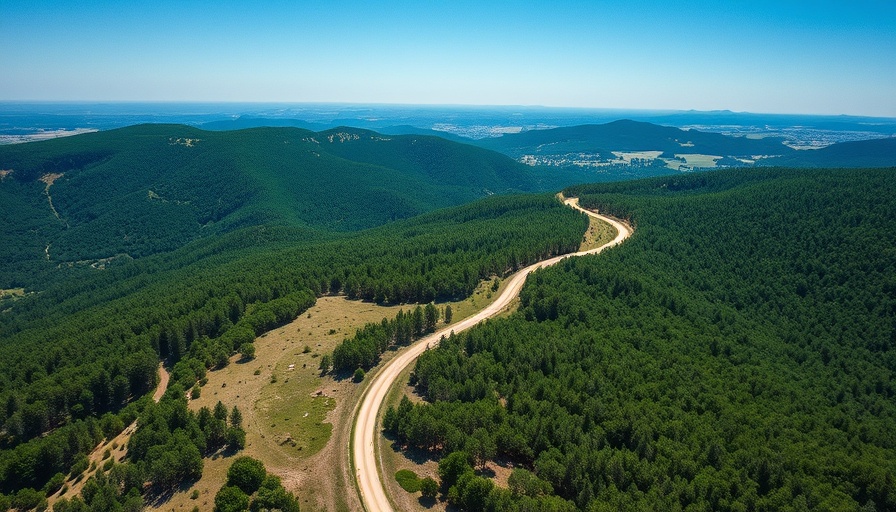
Government Canyon Expands: A Leap Towards Conservation
In February, an important conservation initiative came to fruition when Lewis McNeel sold his family's land to the Texas Parks and Wildlife Department (TPWD), significantly expanding the Government Canyon State Natural Area. The acquisition covers 823 acres of pristine land, augmenting the existing 12,000 acres of the park and emphasizing the importance of water resource preservation and environmental sustainability in rapidly growing Texas.
Where Nature Meets Community
For generations, McNeel cherished the landscapes that nurtured his childhood memories—lush greenery and the sound of flowing waters. "This opportunity allows the public to connect with nature in ways that we potentially didn’t have before," he reflected. This sentiment resonates with the growing demand for publicly accessible recreational spaces as urban areas expand. Recent data indicates that urban populations are increasing significantly, leading to a pressing need for accessible natural spaces to promote mental health, tourism, and outdoor activities.
A Timely Collaboration Secured Earth
The sale aligns with broader state efforts to protect vulnerable ecosystems and groundwater recharge areas. The price—approximately $9,000 per acre—reflects a strategic investment in the state's environmental future rather than purely economic gain. Investing in land conservation directly supports the fight against ongoing climate change issues, including but not limited to excessive urban development and water quality erosion.
What's Driving Demand for Land Conservation?
The initiative comes at a time when Texas Parks and Wildlife is addressing previous trends that indicated rapid land development was undermining environmental sustainability. "As we see our cities grow, we realize we're losing valuable natural areas," noted TPWD’s representatives. This view aligns with insights from local real estate experts who emphasize that property values for undeveloped land are on the rise as more people become aware of the critical need for conservation.
Public Support: The Foundation of Conservation
Public input will be crucial as TPWD develops plans for the newly acquired land. Understanding what community members desire from these natural spaces can create tailored recreational opportunities. Residents have long voiced the need for more public lands, citing accessibility issues for low-income families, highlighting the necessity of fair access to outdoor experiences.
Future Implications of Land Purchases
This acquisition is just one piece of a larger puzzle. In recent months, TPWD also brought on board adjacent lands, including a substantial 3,073 acres adjacent to Enchanted Rock State Natural Area. Parks like these not only provide recreational opportunities but also safeguard local wildlife ecosystems, protect fragile habitats, and preserve biodiversity that enriches our communal and natural resources.
Reflections on a Conservation Legacy
With each land transaction, the vision for a greener Texas becomes clearer. McNeel is optimistic that his family's land will contribute to a legacy of conservation that allows future generations to experience the same natural beauty he cherished. "There’s a unique satisfaction in knowing we’re part of a collective effort to preserve what makes our state beautiful," he concluded. Understanding this connection is vital in prompting further community engagement in environmental preservation efforts.
This strategic enhancement of the Government Canyon State Natural Area illustrates the importance of community collaboration, showcasing the potential for transformative change when communities and conservation groups unite. As residents seek ways to engage with their environment, the commitment to preserving and enhancing Texas’s natural beauty grows stronger.
Contribute to the conversation! Explore how you can get involved in local conservation efforts. Join community meetings, volunteer, or advocate for the value of public lands.
 Add Row
Add Row  Add
Add 




Write A Comment